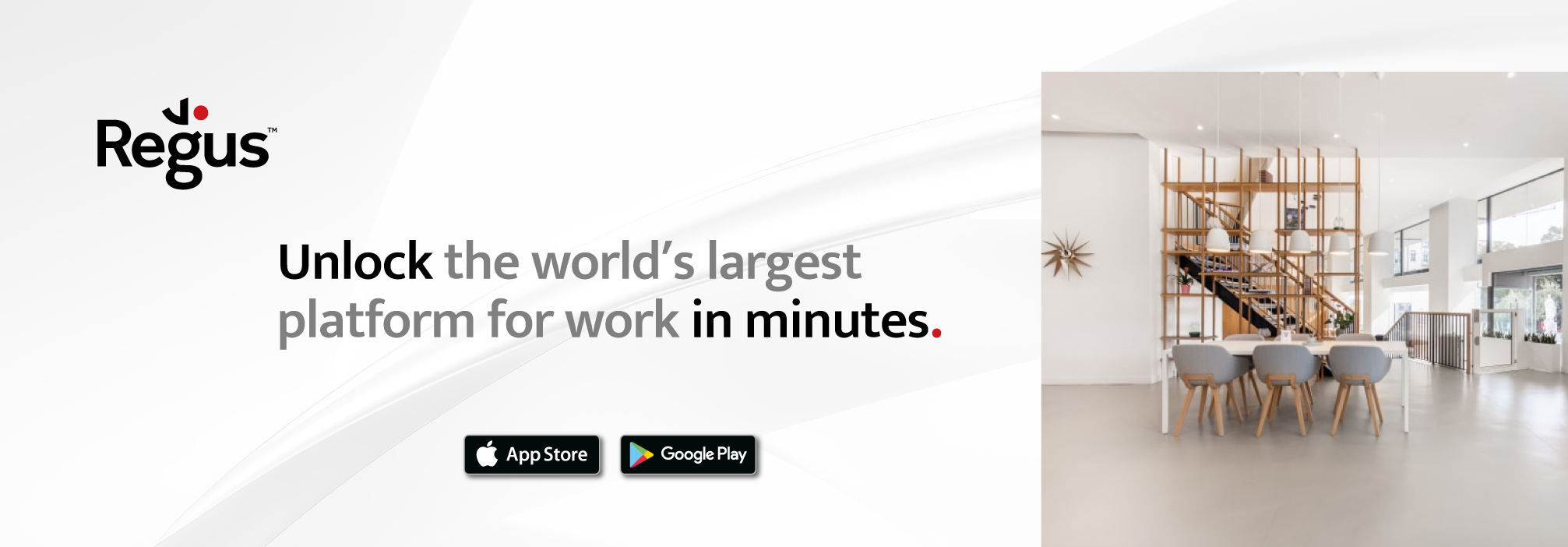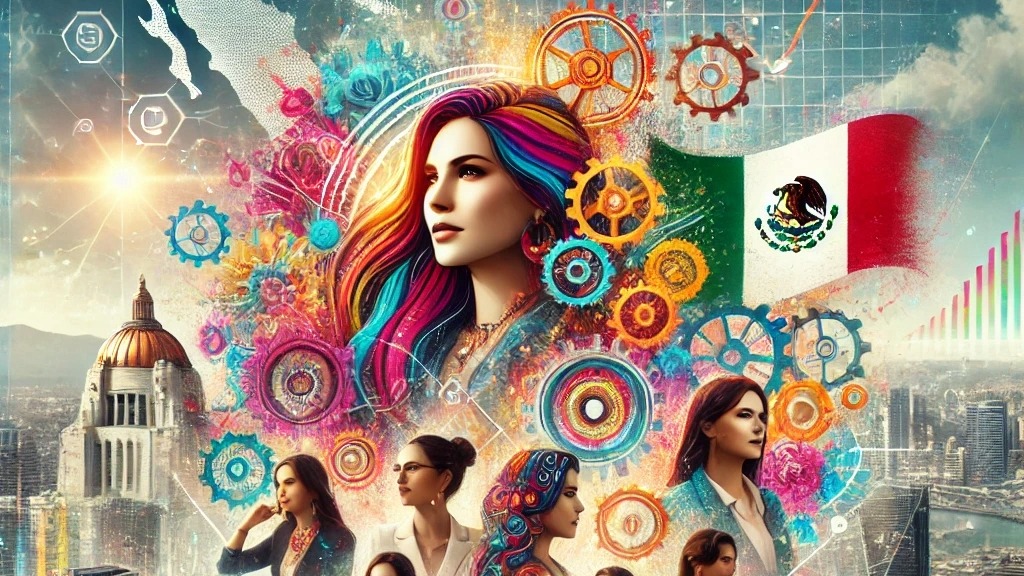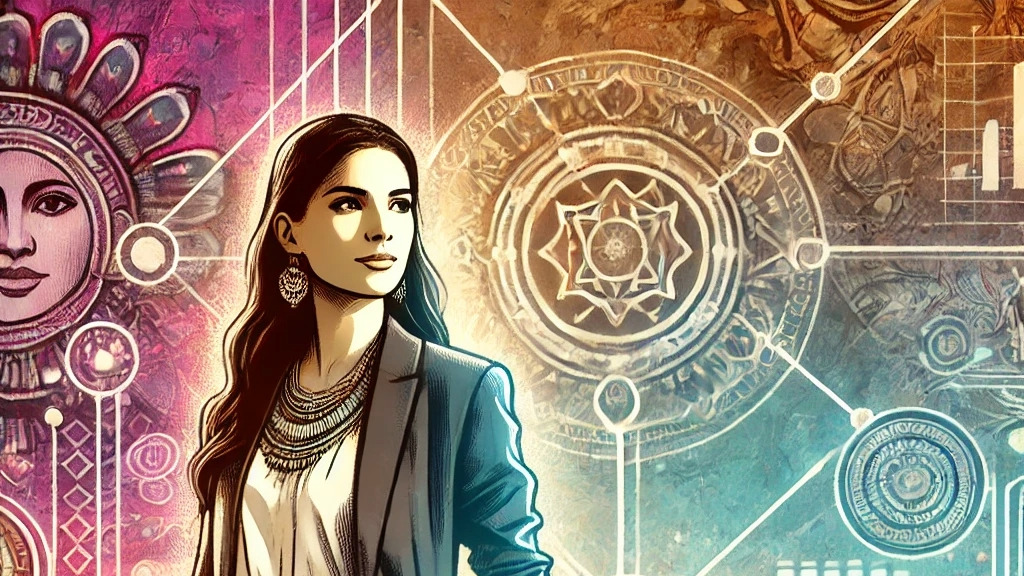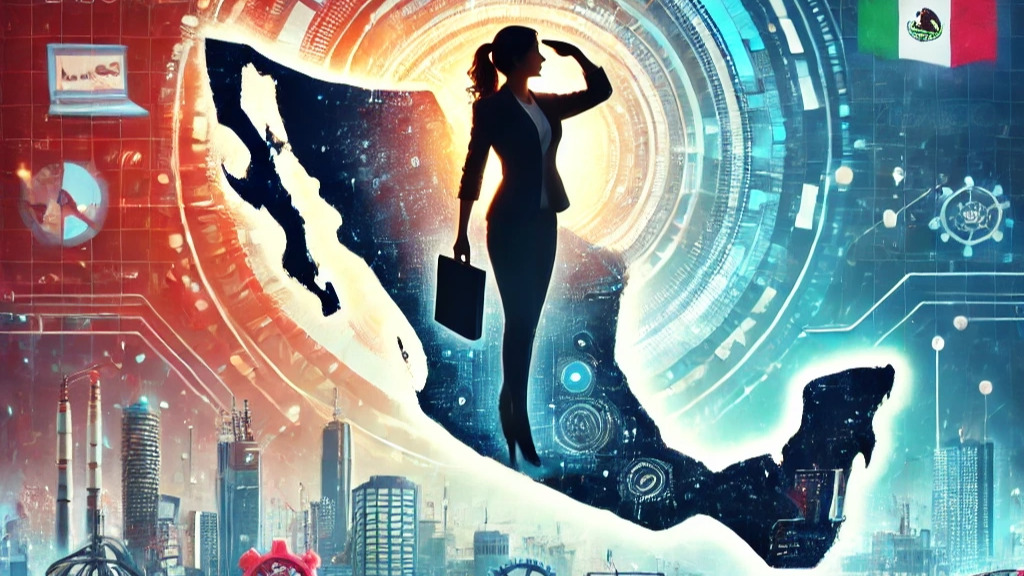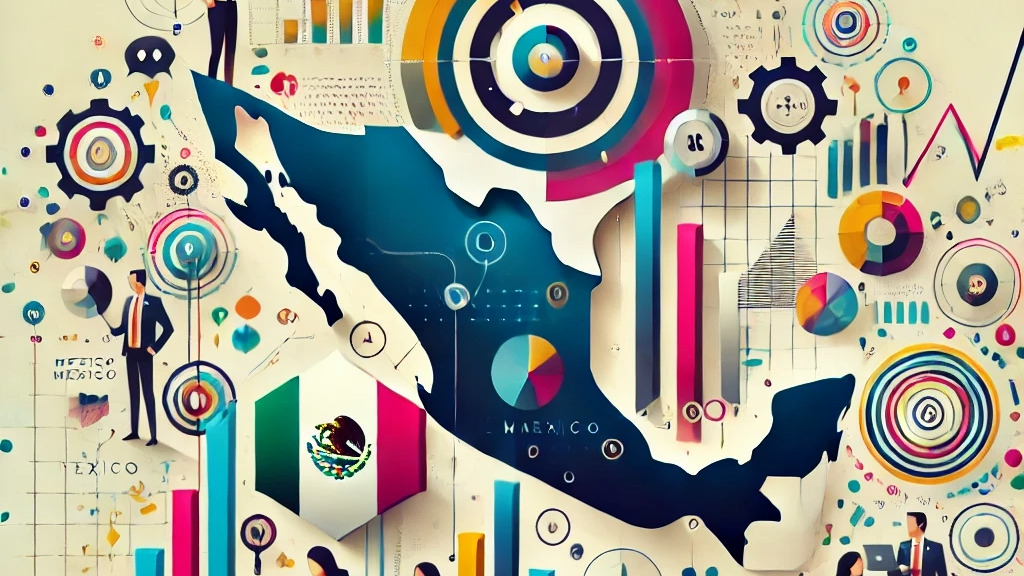A step towards equality: World Bank unites men and women in new global strategy

The World Bank has launched an ambitious strategy to promote equality between men and women in the world, focusing on increasing women's participation in the economy.
The World Bank (WB) has taken a significant step towards promoting gender equality globally by announcing a new strategy with ambitious targets for 2030, highlighting the importance of converting women's informal work into formal, higher value-added employment.
During the annual meetings of the World Bank and the International Monetary Fund in Washington, WB President Ajay Banga stressed that women represent a significant portion of the informal labor force. By converting this work into formal, higher-value employment, significant growth opportunities open up that can transform the economic future.
The WB has set the goal that, by 2030, 300 million more women will have access to mobile telephony and internet, 250 million will have access to social protection and 80 million new businesses led by women will be created.
Access to technology and connectivity is a key factor in this initiative, as it would allow more women to participate in the digital economy, fostering their inclusion in sectors previously dominated by men.
Through cooperation with regulators, financial entities and private investment funds, we seek to facilitate women's access to financing for the creation of new businesses.
This approach not only addresses gender equity, but also boosts economic development by promoting the participation of a crucial demographic group.
For the Mexican market, this strategy poses important strengths. Mexico has proven to be a country with a growing interest in gender equality, and policies of inclusion are gaining ground in both the public and private spheres. With a young and entrepreneurial population, Mexican women represent a vital force in sectors such as commerce, technology and services.
The implementation of initiatives that improve access to technology and financing for women in Mexico can accelerate economic growth and generate new sources of employment.
However, certain weaknesses persist. Despite progress, Mexico's economic structure continues to face barriers to the full inclusion of women in the formal labor force. Labor informality remains high, and businesses created by women often face greater difficulties in accessing financing and resources, limiting their ability to grow and prosper.
The lack of adequate infrastructure and robust support policies in some regions are also challenges that could delay progress toward greater gender equity in business.
Within these initiatives, there are also clear opportunities. Increasing digitization in Mexico, driven by the expansion of the internet and the adoption of mobile technologies, offers fertile ground for more women to access the digital economy. Inclusive policies that promote access to technology for women can lead to greater diversification in sectors such as e-commerce, mobile fintech and social entrepreneurship.
In addition, the government's commitment and collaboration with the private sector to promote gender equity in business opens up opportunities for Mexican women to integrate into international markets, taking advantage of agreements such as T-MEC that facilitate trade between Mexico, the United States and Canada.
However, there are threats to consider. The gender gap in terms of access to education and technology remains an obstacle, especially in rural and marginalized communities. Global economic instability and possible changes in government policies could also slow progress on the WB's proposed goals.
The persistence of gender stereotypes in the workplace and resistance to change on the part of some business sectors can also become barriers to the full integration of women into the formal economy.
In conclusion, the World Bank's strategy represents a transformative opportunity to advance gender equality and global economic development, and Mexico, with its strengths and challenges, has a crucial role to play.
The success of this initiative will depend on the ability of governments, financial institutions and businesses to seize the opportunities while working to mitigate the weaknesses and threats that stand in the way of a more equitable and inclusive marketplace.
Collaboration: Editorial Auge.
